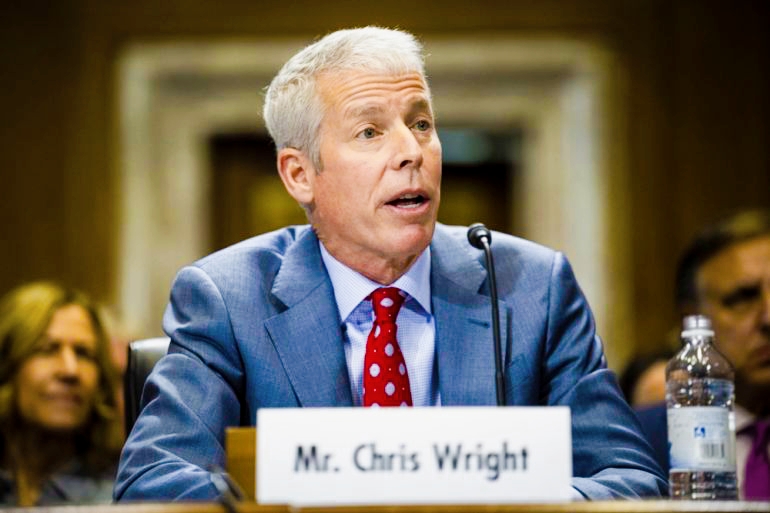In a notable escalation of the U.S. stance towards the Iranian nuclear program, U.S. Energy Secretary Chris Wright emphasized during his speech at the annual general conference of the International Atomic Energy Agency today, Monday, the necessity of completely dismantling Iran's uranium enrichment program, asserting that the Iranian path towards acquiring nuclear weapons must be entirely closed.
Wright said:
"If it is not clear enough, I will reiterate the position of the United States: Iran's capabilities for uranium enrichment and plutonium reprocessing must be completely dismantled, without exception."
* Alarming Increase in Enriched Uranium Stockpile
This statement comes at a time when international concerns are growing over the acceleration of Iranian nuclear activity, as the International Atomic Energy Agency revealed that Iran has accelerated the pace of high-enriched uranium production ahead of the recent Israeli attack.
According to the agency's report issued on June 13, Iran's stockpile of uranium enriched to 60% has reached approximately 440.9 kg, an increase of 32.2 kg from the amount recorded on May 17.
It is noteworthy that Iran is the only non-nuclear state in the world that enriches uranium at this high level, which is very close to the 90% required for military use, raising widespread concerns about Tehran's nuclear intentions.
* Flagrant Violation of the Nuclear Agreement
This level of enrichment far exceeds the limit allowed under the international nuclear agreement signed in 2015, which imposed a ceiling of no more than 3.67%.
The United States withdrew from the agreement in 2018 during President Donald Trump's administration, a move that then sparked escalating international tensions.
* Emergency Session in the Iranian Parliament
In conjunction with these developments, the Iranian parliament held an emergency session to discuss what is known as the "Grosi-Iraqi Agreement," referring to the Director of the International Atomic Energy Agency Rafael Grossi and the Iranian nuclear negotiator Abbas Araghchi.
The details of this agreement remain unclear, but the session reflects internal tension regarding the increasing international pressures.

